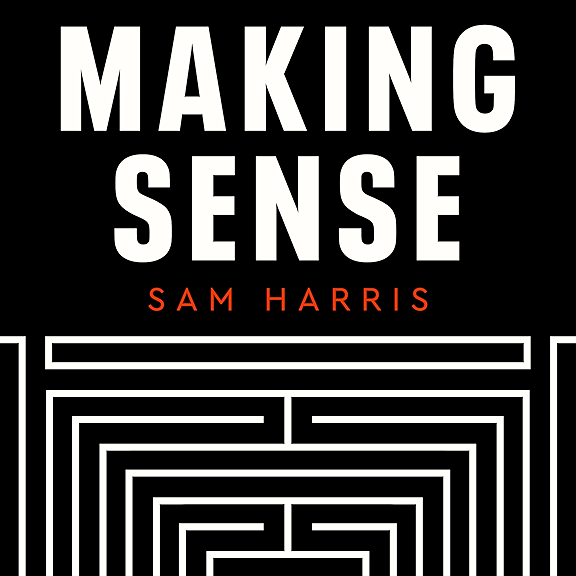
Episode 21: The Neuroscience of Neglect: The Bucharest Project
Today’s episode is inspired by a historical nightmare and the subsequent decades-long experiment that shaped the way we understand childhood neglect and its effects on the developing brain.
In 1989, Romanian dictator Nicolae Ceausescu was overthrown and the rest of the world discovered that over 170,000 Romanian children were being kept in impoverished institutions and orphanages.
These children were raised, not by loving parents or guardians, but by the metal bars of their beds and impersonal nurses. This neglect resulted in severe, lifetime, neurological issues including altered structure, function, and connectivity among different brain regions important for integrating complex information, including cognitive, social, and emotional competencies.
Curious about the decades-long project that followed these children for 21 years and documented the adverse effects of neglect on the developing brain? Come and take a listen!
Please rate, review, and subscribe and if you have any questions, comments, concerns, queries, or complaints, please email me at neuroscienceamateurhour@gmail.com or DM me at NeuroscienceAmateurHour on Instagram.
Citations and relevant papers below:
Weir K. https://www.apa.org/monitor/2014/06/neglect. www.apa.org. Published June 2014. https://www.apa.org/monitor/2014/06/neglect
Greene MF. 30 years ago, Romania deprived thousands of babies of human contact. The Atlantic. Published June 23, 2020. https://www.theatlantic.com/magazine/archive/2020/07/can-an-unloved-child-learn-to-love/612253/
Publications. www.bucharestearlyinterventionproject.org. Accessed May 21, 2022. https://www.bucharestearlyinterventionproject.org/publications
The Science of Neglect: The Persistent Absence of Responsive Care Disrupts the Developing Brain. https://developingchild.harvard.edu/wp-content/uploads/2012/05/The-Science-of-Neglect-The-Persistent-Absence-of-Responsive-Care-Disrupts-the-Developing-Brain.pdf
Teicher MH, Samson JA, Anderson CM, Ohashi K. The effects of childhood maltreatment on brain structure, function and connectivity. Nature Reviews Neuroscience. 2016;17(10):652-666. doi:10.1038/nrn.2016.111
Teicher MH, Dumont NL, Ito Y, Vaituzis C, Giedd JN, Andersen SL. Childhood neglect is associated with reduced corpus callosum area. Biological Psychiatry. 2004;56(2):80-85. doi:10.1016/j.biopsych.2004.03.016
FeaturedGeneticsNeurosciencePsychology·January 19, 2021. Childhood Neglect Leaves Generational Imprint. Neuroscience News. Published January 19, 2021. https://neurosciencenews.com/childhood-neglect-generational-17597/
Keim B. How Childhood Neglect Stunts the Brain. Wired. Accessed June 1, 2022. https://www.wired.com/2012/09/neuroscience-of-neglect/




















